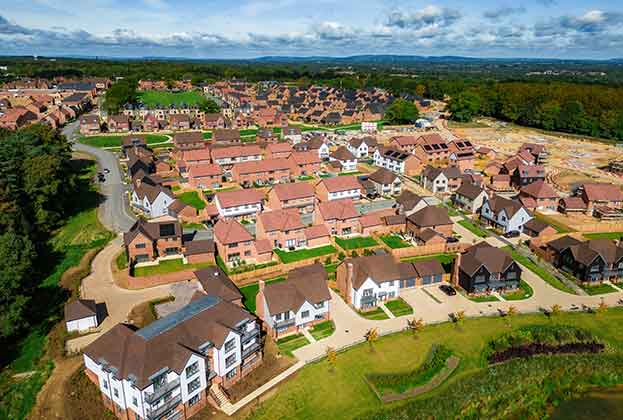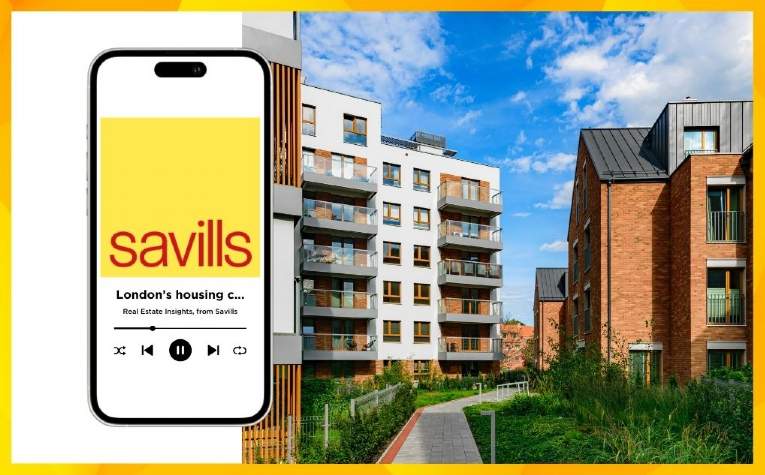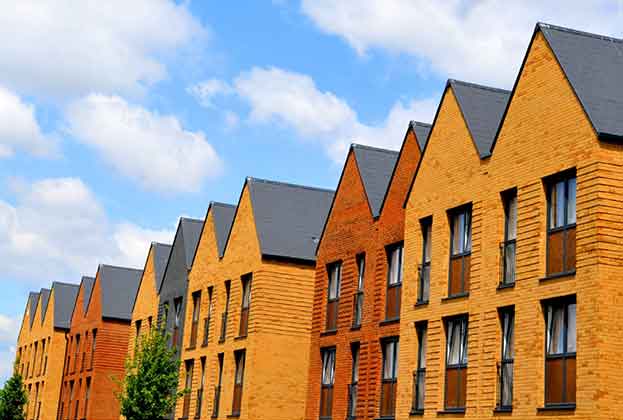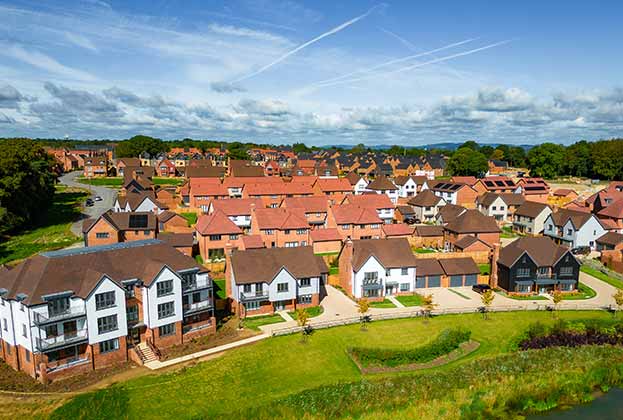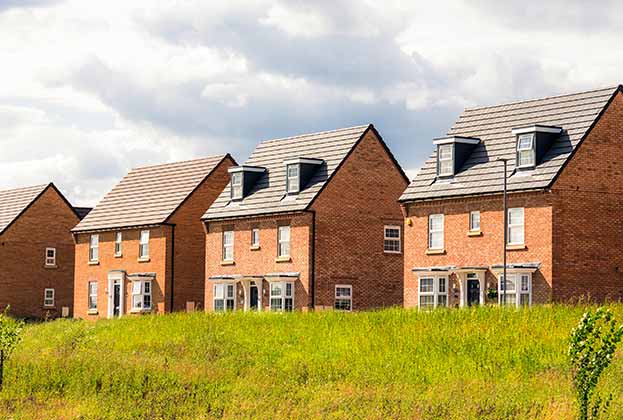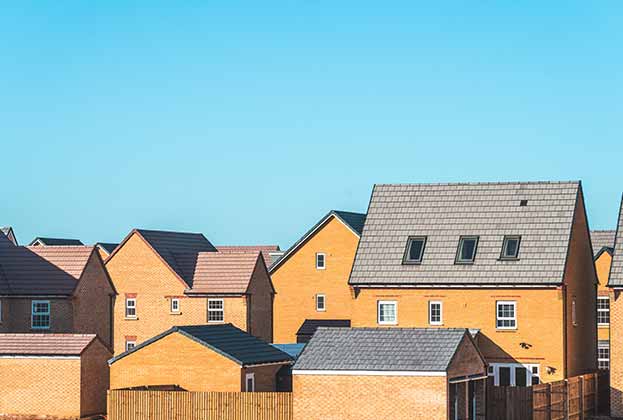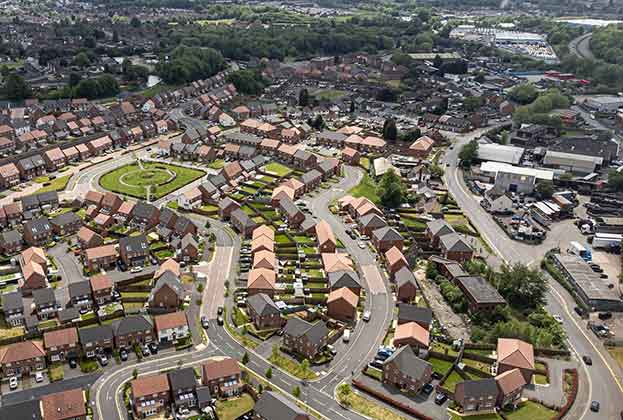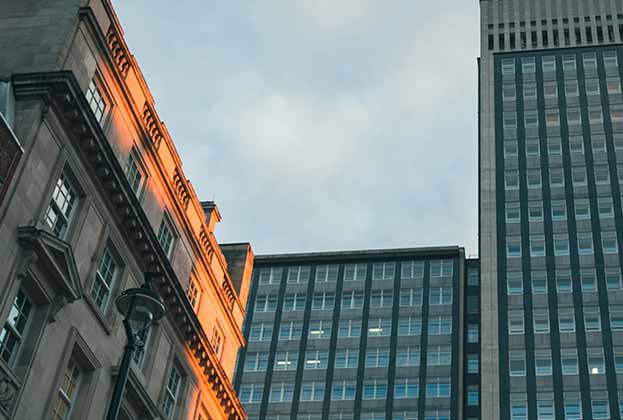Brighton has the potential to become a much stronger hub in the wake of Covid-19, as changes in commuting patterns, office development and emerging sectors are set to shape the city’s future.
Brighton has always been a commuter hotspot: in 2018/19 the city had 4.5 million season ticket entry and exits – no other town or city in London’s commuter zone with a journey time of 60+ minutes has more season ticket-holders passing through it.
However, Covid-19 is likely to impact on commuting patterns. To better understand the future of the office sector, Savills surveyed 65,000 contacts during the first lockdown. The Savills Office FIT survey revealed there is a stronger work-from-home ethic for those living in the South East, and that post-lockdown, more people want a hybrid solution – a mix of home and office working (see table below).
Changing work patterns, personal preferences and technology solutions mean business and employees will remain in Brighton rather than travelling daily to London and offices will therefore need to adapt. Brighton has the potential to become a much stronger ‘hub’ and a centre for digital, health and technology sectors in particular.
A sense of community and belonging is a vital ingredient for an even more successful Brighton in the future. The office has a role to provide this in terms of its location, fit-out and public realm.
The office has to be a place that employees need to come to, not just want to come to. The survey shows employees thought the office is best at meeting the need for networking, collaborating, being managed, mentored and for advancing careers (see table below).
Which sectors are the ones to watch?
Brighton is already a leading top 10 UK tech city, but a limited supply of office stock could threaten its status. The city has just 200,000 sq ft of office space available, around two years’ worth of supply.
However, there is a positive outlook. The Plus X Brighton development by U + I has already delivered over 50,000 sq ft. Another key scheme due for completion in 2021 is the former AMEX headquarters, pictured top, known as Edward Street Quarter, developed by First Base with Patron Capital. This development will provide 110,000 sq ft, the largest office scheme delivered in Brighton for 25 years.
Both schemes are also bringing new homes to the city, with Edward Street Quarter providing 168 new apartments to buy or rent, and Optivo delivering 319 homes for sale and Shared Ownership on its Home X scheme, part of the wider Preston Barracks development.
Big corporates re-locating will remain important. But it’s increasingly important to understand the real estate needs of the fast emerging sectors such as digital, health and technology. It is these that will create the jobs of tomorrow, further enhancing Brighton as a lifestyle and commercial choice for employers and employees and more quality floor space will be needed.
The city of Brighton and Hove is arguably ahead of curve already, being home to many of these evolving sectors. The city’s emerging ecosystems also include its academia and the presence of capital raising, particularly in the digital and technology sectors.
Together with new commercial development and the quality of its workforce, the city's future looks bright.
Further information
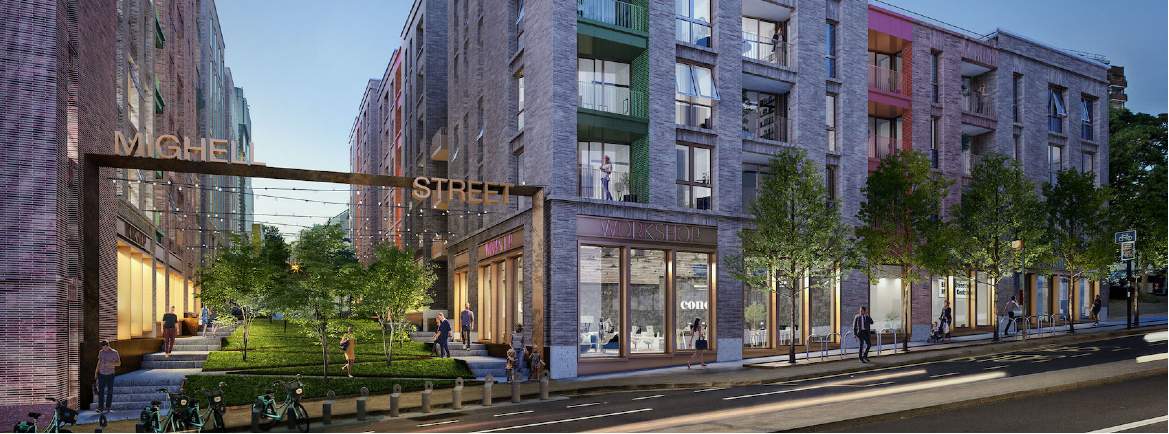
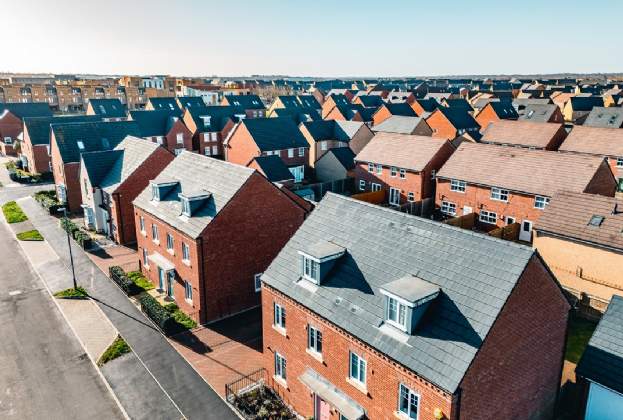
.jpg)
